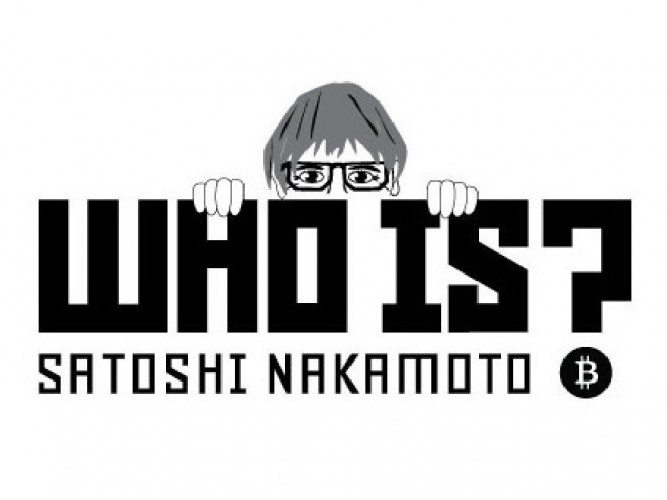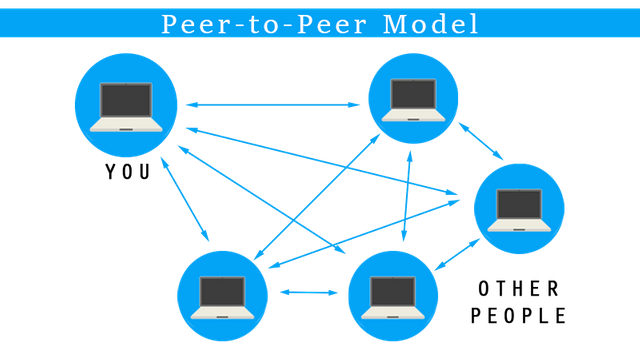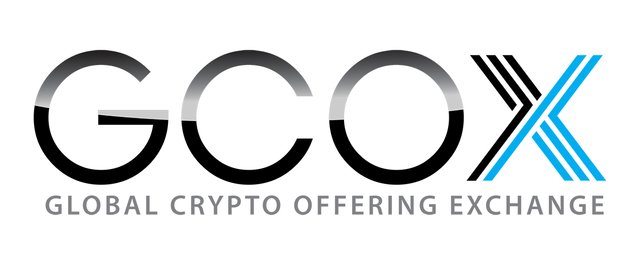Cryptonomics 101 Lesson 2: What is Blockchain?

Satoshi Nakamoto. Remember this name.
Why? Because this ‘person’ is hailed as the one who invented Bitcoin and devised the first blockchain database. Until today, nobody knows for sure if he is a person or a group of persons using the name as its pseudonym.
In 2008, Nakamoto published the first white paper detailing and describing the intricacies of a bitcoin digital currency, and released the first version of the Bitcoin software in 2009. (You can check out his white paper here https://bitcoin.org/bitcoin.pdf)
His key intent was to create a peer-to-peer version of electronic payments that can be sent directly from one party to another without going through a third party, like a financial institution. Our financial systems currently rely heavily on trusted middlemen such as a bank to make a transaction. Yet, the notion of ‘trust’ is purely a subjective one.
So, by using cryptography to keep exchanges secure, the blockchain provides a decentralised database of transactions that everyone on the network can see, which essentially allows it to approve an exchange before it be verified and recorded.

Simply put, the blockchain is a distributed digital ledger of economic transactions that is incorruptible within a computing network that can be programmed to record not just financial transactions but virtually everything of value.
The blockchain database isn’t stored in any single centralised location, but shared with computers all around the world. Built into this ledger is a consensus mechanism that allows anybody to transact and do business, and to trust each other without having to go through a central intermediary. Like the internet of information, the blockchain is essentially the internet of value.
What this means is that the records it keeps are truly public and easily verifiable. The aren’t any centralised version of this information that exists for a hacker to corrupt. Hosted by millions of computers simultaneously around the world, its data is accessible to anyone on the internet and operates on user-to-user or peer-to-peer (P2P) basis.

The blockchain is not only revolutionising the financial industry alone, but also in the way in which information is stored and recorded. This new digital ledger of economic transactions can be programmes to record virtually everything of value and importance to humankind, ie. birth and death certificates, deeds and titles of ownership, financial accounts, votes, provenance of food, and anything else that can be expressed in a code.
Many have touted that decentralised networks will be the next huge wave in technology, and we’re only merely scraping the surface of its vast potential.
